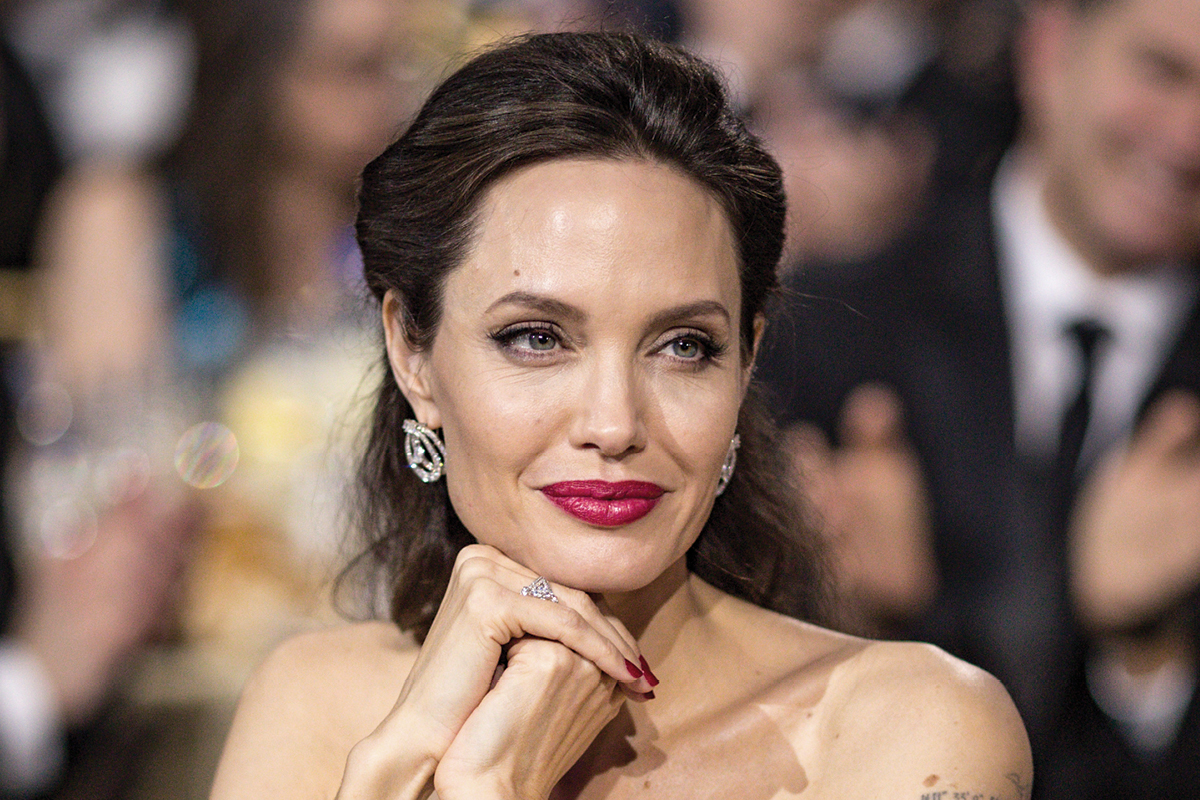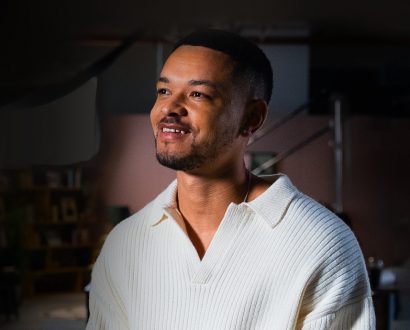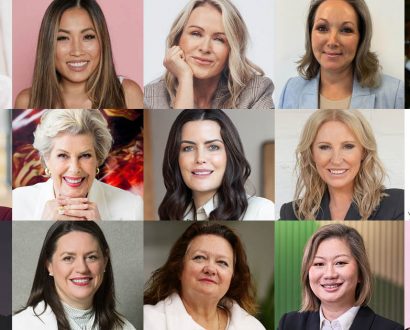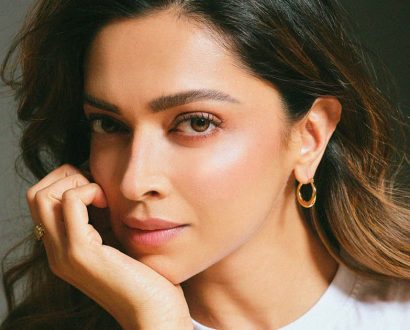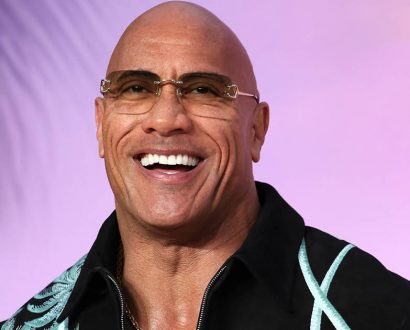Whether they’re actors, prime ministers, students, businesspeople, sporting stars, lawyers, fashion designers, or girls living in remote villages, they all have something striking in common. They’re advocates of a fair, equal world for women, banding together to rally, encourage, support, protest, petition, speak out, campaign and persist for a better world for themselves and others in their communities.
From pushing for more women in technology and equal pay to providing support for those living with the trauma of sexual abuse and encouraging women to speak out about inequalities and drive where it’s forbidden, these are just a handful of stories about the strong and influential women who are doing everything in their power to make their world a better place.
Women – and men – continue to come together to advocate for a fairer workplace, equal rights and more freedom for females in such diverse situations globally.
In just the past year or so, we have seen huge movements in the advocacy for women’s rights. The MeToo hashtag grew into a mainstream campaign giving a voice to more than two million women who opened up to share their personal stories. More than that, we’ve seen a fight for legislature change, achievements and accolades awarded, and a light shone on the important issues close to those most passionate about them.
It’s difficult to narrow down the feat of women to just a few pages, but here are our top picks from the hundreds of thousands we could have chosen from.
Angelina Jolie
Recognised as much for her humanitarian efforts as for her stardom, Angelina Jolie has flourished in her different Hollywood avatars – as actor, filmmaker, screenwriter and director – while also dedicating herself to UN missions and raising six children – three adopted from developing countries and three biological children to ex-husband Brad Pitt.
Producing and directing her latest movie in 2017, a Netflix original about the Cambodian Khmer Rouge genocide titled First They Killed My Father, was an ode to the country that’s pivotal to her personal story.
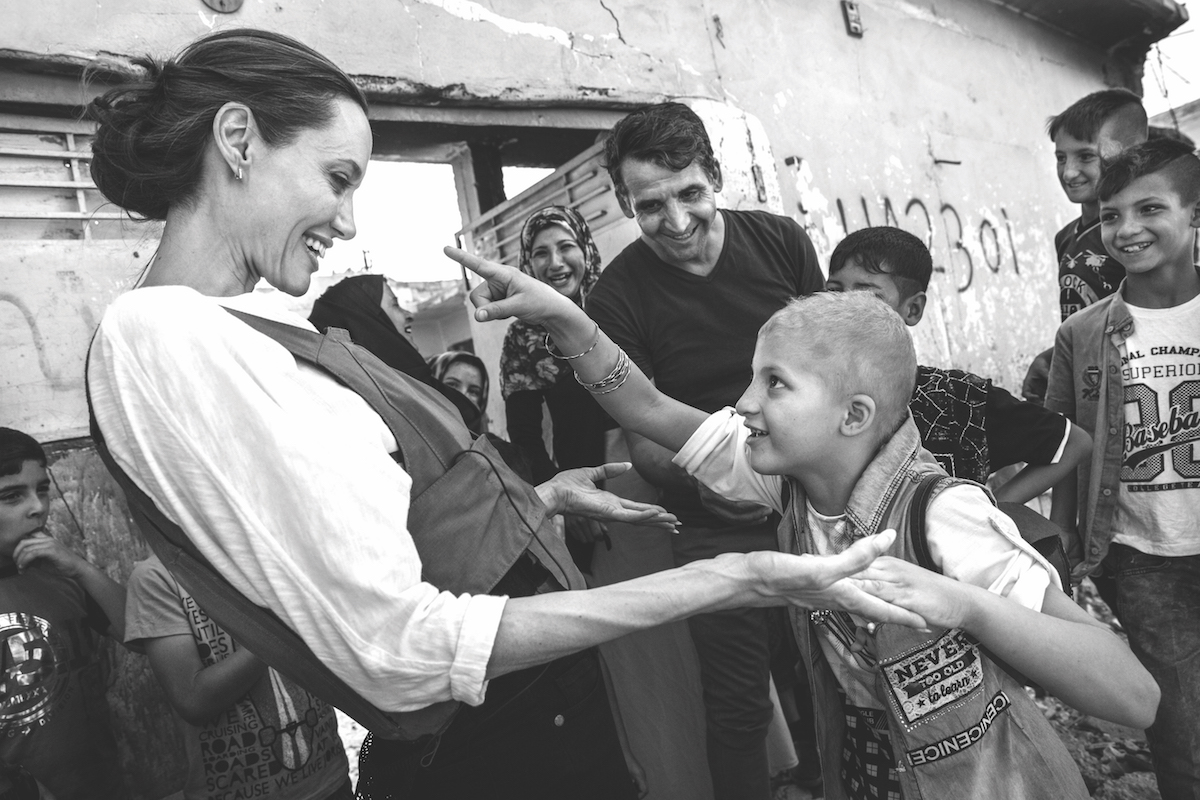
Following on from winning a trifecta of acting awards for Girl, Interrupted, her role as Lara Croft in Tomb Raider boosted her status to Hollywood ‘it girl’ in the early 2000s. And it was in Cambodia, where part of the action-adventure was filmed, that Jolie discovered a personal calling to the developing world.
Returning to the country (where she would later adopt a baby from an orphanage) for a UNHCR field mission soon after would be the first of many journeys across South-East Asia, South America, Africa, Europe and the Middle East.
Jolie was named UNHCR Goodwill Ambassador for refugees in 2001 and her increasing efforts to advocate for human rights globally saw her role expanded to UNHCR Special Envoy in 2012.
Facing a roadblock upon discovering she had an 87% chance of developing breast cancer and a 50% risk of ovarian cancer, her decision to have a preventive double mastectomy in 2013 was reported in her op-ed ‘My Medical Choice’ in The New York Times. Jolie explained that the fear of leaving her children motherless was at the heart of her decision, for she had lost her own mother after a decade-long battle with cancer.
“I have always told them not to worry, but the truth is I carry a ‘faulty’ gene, BRCA1, which sharply increases my risk of developing breast cancer and ovarian cancer,” she wrote.
“Once I knew that this was my reality, I decided to be proactive and to minimise the risk as much I could. The decision to have a mastectomy was not easy. But it is one I am very happy that I made. I can tell my children that they don’t need to fear they will lose me to breast cancer.” She added, “On a personal note, I do not feel any less of a woman. I feel empowered that I made a strong choice that in no way diminishes my femininity.”
Mary Barra
The first female CEO of a major global automaker, Mary Barra, Chair and CEO of General Motors, has ranked first among women CEOs in the Fortune 500 list for the past three years. She earns in excess of US$20 million (A$28 million) annually, making her the highest paid leader at any of the ‘big three’ automakers in the US. Barra was featured on the cover of Time as one of the 100 most influential people in the world in 2014, and she’s consistently ranked by Forbes in the top five of the world’s
most powerful women.

Working her way up the ranks at GM over almost four decades, Barra started her tenure at the age of 18 as an electrical engineering co-op student with the GM Institute of Technology (now Kettering University), being encouraged by her parents to work hard and pursue her love of STEM. Her career then began with inspecting panels at Pontiac, where her father worked for almost 40 years as a die maker.
She went on to become an engineer, and when recognised for her leadership abilities, GM sent her to Stanford Business School to get an MBA. She’s since transitioned into a number of internal promotions, working as executive assistant to the CEO, managing the global HR department, and being appointed senior vice president for global product development. Barra has been CEO since 2014. In this role she has pushed the agenda for GM to have no gender pay gap and has worked to modernise the company in the tech space.
In an interview with Quartz as part of a ‘How We’ll Win’ project exploring the fight for gender equality at work, when asked what change she would make to help women at work, Barra said, “I’d urge women not to cut off their career branches too early. Don’t step away from your career based on what ‘might’ happen. I wish people would stop telling me… that you can’t have a successful career and be a successful parent.”
The mother-of-two added, “Eleanor Roosevelt was fond of saying, ‘Do one thing every day that scares you’. If I could offer some advice to my younger self, this idea of embracing new and different opportunities would be a good place to start.” And one thing men could do to improve women’s life at work? “Stop making assumptions,” she said.
Malala Yousafzai
Miraculously cheating death, Malala Yousafzai has not let anything stop her mission to ensure girls across the globe have access to education. Her story made international headlines when she was shot in the head by Taliban forces in her hometown in Pakistan in 2012. The attack came as a retaliation to her advocacy for girls’ education after the Taliban enforced a ban on girls attending school in early 2009. She was just 15 years old when she was shot and, remarkably, survived.

“Do not let your age stop you from changing the world,” the 2014 Nobel Peace Prize laureate said to a crowded ICC Sydney last December at ‘An Evening with Malala Yousafzai’, hosted by The Growth Faculty. “Believe in yourself, believe in your voice, and believe in the power that you have.”
In what was her first visit to Australia, she said to the crowd of 8,000: “Educating girls is crucial. We are giving them access to opportunities which they otherwise would not have without an education.
We are making them independent. They can earn, they can help to run and sustain their families, and they can be more aware of how to take care of the environment. If you give an education to a girl, that’s how you’re changing her life and that’s how you’re also changing the world.”
Her words, poignant and dotted with facts that are difficult to fathom, resonate deeply.
“There are 130 million girls who are out of school,” Yousafzai said. “They are amazing engineers. T
hey are incredible doctors. They are incredible teachers. They can change the world. We just need to give them the opportunity to learn, to read, to write – to reach their full potential – and they can change the world.”
Nadia Murad
Escaping life as a sabaya, or sex slave, Nadia Murad opened up to a UN forum in November 2015 to share her harrowing story of being captured and sold by Islamic State militants, in order to campaign for the human rights of the Yazidi people. She spoke of how she was abducted with other Yazidi girls and women from her home village of Kocho in Sinjar, northern Iraq in August 2014 and taken away by a man who would imprison her in his house and rape her daily.
This happened after ISIS militants swept through the village, killing thousands of men and the elderly, including her mother and six brothers, while she and her sisters, along with thousands of other women, were taken away to be sold as sex slaves.
The teenager had been raped, beaten and sold numerous times before escaping the house where she was held captive, by chance of an unlocked door. Jumping the fence, terrified, and not knowing where to go, Murad found herself at a neighbour’s door, who, fortunately, took pity on her and helped smuggle her out of the ISIS-controlled area to a refugee camp.

In early 2015, she made it to Germany as a refugee, where she now lives with her sister. She is represented by human rights lawyer Amal Clooney. In what the UN has labelled a genocide against the Yazidi people, Murad has campaigned to raise awareness of human trafficking ever since.
She details her ordeal in her autobiography, The Last Girl: My Story of Captivity and My Fight Against the Islamic State. “My story, told honestly and matter-of-factly, is the best weapon I have against terrorism, and I plan on using it until those terrorists are put on trial. There is still so much that needs to be done,” she wrote.
“I wanted to look the men who raped me in the eye and see them brought to justice. More than anything else… I want to be the last girl in the world with a story like mine.”
Murad became the first UN Goodwill Ambassador for the Dignity of Survivors of Human Trafficking in 2016 and was awarded the Nobel Peace Prize in 2018 as an acknowledgement of her advocacy to free the Yazidi victims from the brutal war crimes that are still happening today.
Cate Blanchett
Cate Blanchett isn’t just a chameleonic actress with more than 50 films to her name, and two Oscars, three Golden Globes, three BAFTAs and six AACTAs under her belt; she’s also a passionate humanitarian and feminist, who uses her celebrity to make changes in society. From awe-inspiring screen performances to impassioned speeches at the Cannes Film Festival, she continues to inspire and empower.
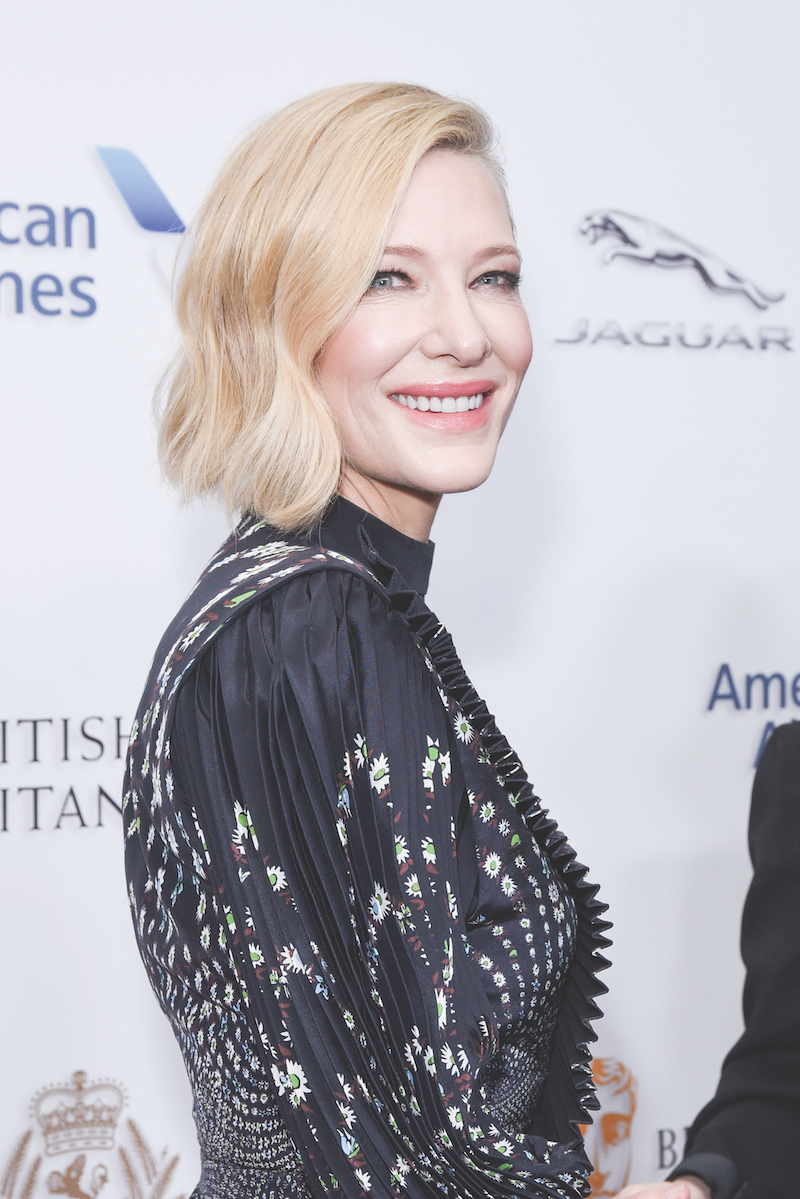
Blanchett was named a UNHCR Goodwill Ambassador in 2016, making it her mission to shine a spotlight on the refugee crisis and the people displaced by the Syrian conflict. In January 2018, she picked up the prestigious Crystal Award at the World Economic Forum for her philanthropic work.
Upon receiving the award in Davos, she made a moving speech. “There has never been a more crucial time to stand with refugees and show solidarity globally,” she said. “It feels like as a species we’re at a fork in the road – do we go down the compassionate path, or do we go down the path of intolerance? There is no solution down the path of intolerance.”
Last May, Blanchett was honoured with chairing the Cannes Film Festival and she led 82 women working in film in a silent protest along the Croisette Promenade, to highlight the lack of female directors at the festival. Halfway up the red-carpeted stairs, she read a collective statement:
“As women, we all face our own unique challenges, but we stand together on these stairs today as a symbol of our determination and commitment to progress. We acknowledge all of the women and men who are standing for change. The stairs of our industry must be accessible to all. Let’s climb.”
Amal Clooney
She may be married to American actor George Clooney, but Amal Clooney’s work cannot be overshadowed by her husband’s celebrity. The international human rights lawyer was highly respected long before she married the Ocean’s Eleven star.
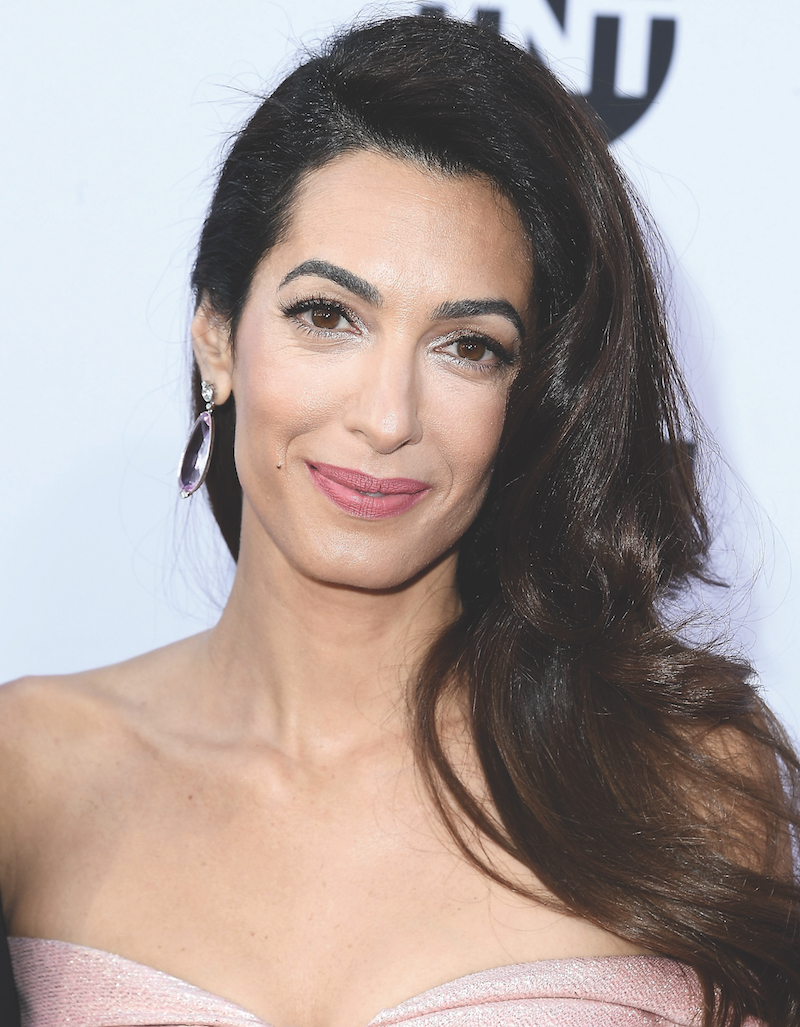
A self-acknowledged refugee born in Lebanon, the Oxford-educated barrister grew up in England, dedicating her life to helping people fight injustice, with her myriad of work covering the rights of women and refugees, as well as gun control, freedom of information and terrorism.
Acknowledging that many women around the world are still fighting for basic human freedom, Clooney spoke out about the global inequality of women at last year’s Luminato Festival in Toronto.
“Feminism, for me, is about choice, about women having choices. The challenges that women face today are completely different based on where they’re born,” she said.
“In some places women are fighting for the right not to be genitally mutilated, in others it’s the right to choose who to marry, in others to have equal pay.”
At the Texas Conference for Women in 2016, she urged women to offer “everyday acts of feminism”. “The worst thing that we can do as women is not stand up for each other, and this is something we can practice every day, no matter where we are and what we do – women sticking up for other women, choosing to protect and celebrate each other instead of competing or criticising one another. Holding back women is holding back half of every country in the world.”
Tarana Burke
The original founder of the #MeToo movement, Tarana Burke was raising awareness about sexual harassment, abuse and assault for a decade before the hashtag became a global phenomenon. From the Bronx in New York, she grew up in a low socio-economic housing project and was a survivor of rape and sexual assault as a child and a teenager. Having witnessed the sexual violence inflicted on the community around her inspired a lifelong crusade to improve the lives of many girls and women who undergo extreme hardships.
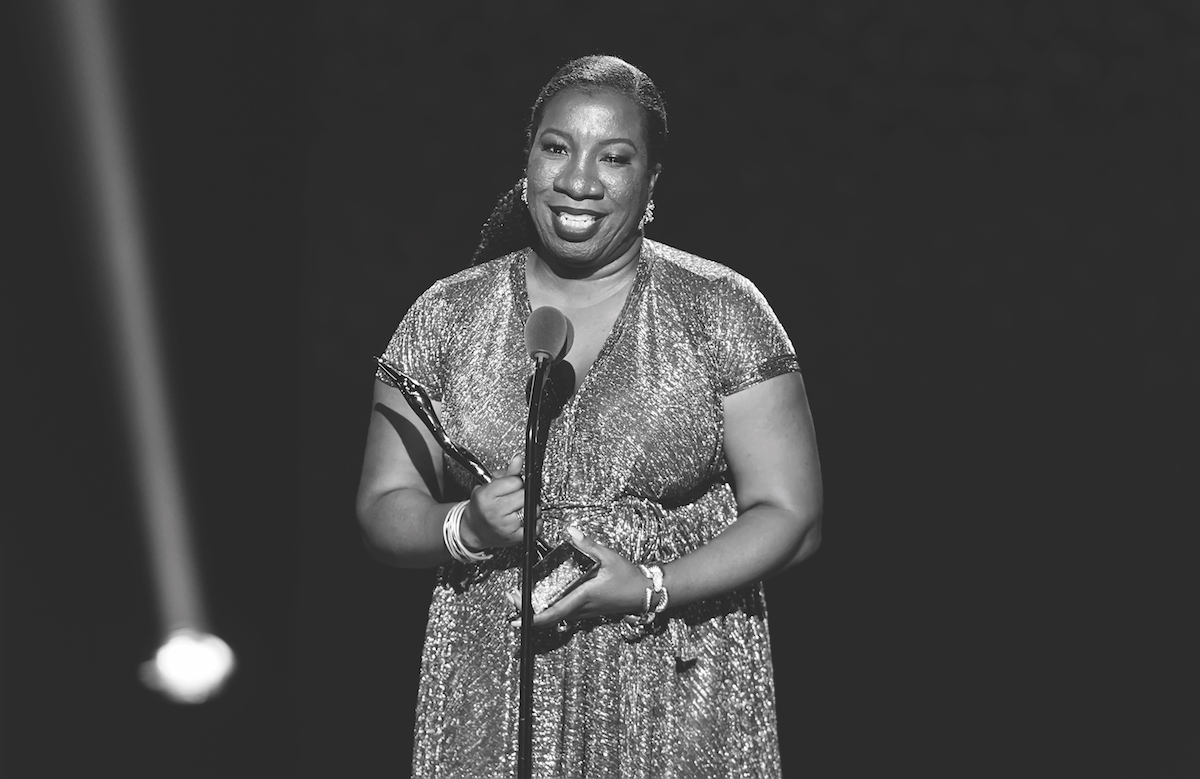
In 2006, she founded Just Be Inc., an organisation that promotes the wellness of young female minorities. She explained how it all started in a TED talk held in California last year. “Twelve years ago, I laid across a mattress on my floor in my one-bedroom apartment, frustrated with all the sexual violence I saw in my community.
I pulled out a piece of paper and I wrote, ‘Me Too’ on the top of it, and I proceeded to write out an action plan for building a movement based on empathy between survivors that would help us feel like we can heal.”
Following the Harvey Weinstein sexual abuse allegations in 2017, #MeToo spread like wildfire, and Burke, the Senior Director of Girls for Gender Equity, an organisation which supports young African-American girls, used it as an opportunity to continue her campaign to raise awareness about sexual harassment, abuse and assault.
In 2017, Burke was the Time Person of the Year along with other female activists dubbed ‘The Silence Breakers’. In 2018, she made the Time 100 list and attended the 75th Golden Globe Awards as a guest of actress Michelle Williams, where black was worn in support of the #MeToo campaign. Now, more than 12 million people have used the hashtag across social media platforms, with millions sharing their own stories.
Ruth Bader Ginsburg
A major force in the courtroom and a long-time supporter of gender equality and women’s rights, Ruth Bader Ginsburg is the second of only four female justices confirmed to the US Supreme Court. Born in 1933 in New York City, she’s the oldest justice on the bench, at 86 this year, appointed in 1993 by ex-President Bill Clinton.

Known as the Notorious RBG, she was a wife and mother of a one-year-old when she entered law school at Harvard in the 1950s. As one of only a few females among hundreds of men, she and her eight female classmates were questioned by the dean as to why they were taking up men’s seats in the class.
She transferred to Columbia Law School where she graduated top of her class but was overlooked for jobs on the basis of being a woman in the male-dominant law sector of the time, despite shining
recommendations from law professors.
The self-made woman became an acclaimed law professor at Harvard, where she was paid less than her male colleagues, and was the first female to teach at Columbia Law School where she co-authored the inaugural law school casebook on sex discrimination. Later at Rutgers Law School in the 1960s, she campaigned for equal pay with her female colleagues, which resulted in salary increases.
Her mother, who died of cancer the day before Ginsburg graduated from high school, was a strong role model for her. “My mother told me two things constantly. One was to be a lady, and the other was to be independent. The study of law was unusual for women of my generation.
For most girls growing up in the 1940s, the most important degree was not your BA, but your MRS,” she said, according to the ACLU Women’s Rights Project, which she co-founded in 1972. “Women’s rights are an essential part of the overall human rights agenda, trained on the equal dignity and ability to live in freedom all people should enjoy.”
Emma González
One of the leaders of the #NeverAgain movement advocating for stronger gun control in the US, Emma González survived the horrific shooting at Stoneman Douglas High School in Parkland, Florida on Valentine’s Day in 2018, where a gunman went on a rampage and killed 17 students and teachers.
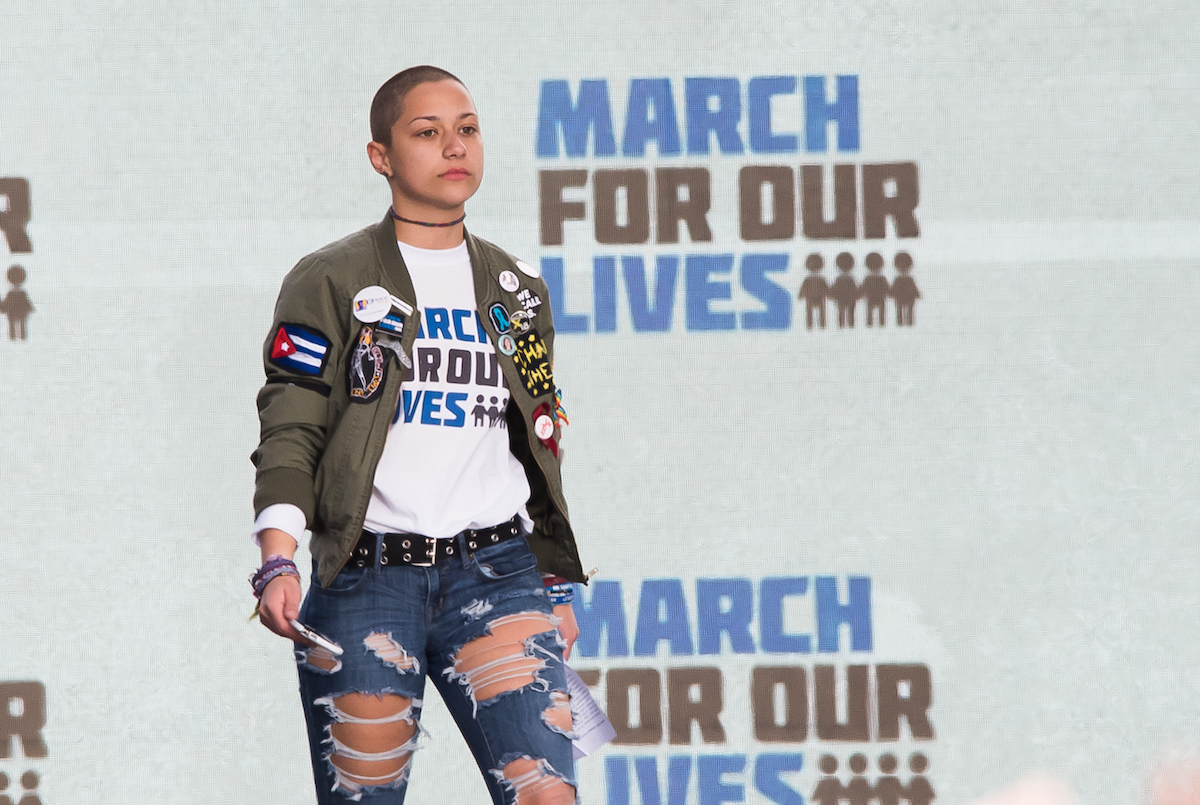
Just days after the shooting, while still mourning the death of her friends and battling the shock of the massacre, she appeared at a gun control rally, passionately speaking out against the president, politicians and the National Rifle Association.
Advocating for change from her Twitter handle @Emma4Change, now with 1.66 million followers, González is one of the spearheads of gun control advocacy in the US. When she delivered a powerful speech at the student-led March for Our Lives protest in Washington, DC, which attracted more than 200,000 young people, she stood silent for minutes after reading out the names of her classmates who were killed that day, illustrating the time it took for the rampage to be over as she was crouched in an auditorium with other frightened classmates.
“In a little over six minutes, 17 of our friends were taken from us, 15 more were injured, and everyone – absolutely everyone – in the Douglas community was forever altered,” she said.
Savita Halappanavar
Her death made international headlines and spurred an abortion rights movement in Ireland to repeal the eighth amendment to the country’s constitution, a protection giving an unborn child equal rights to a pregnant mother.
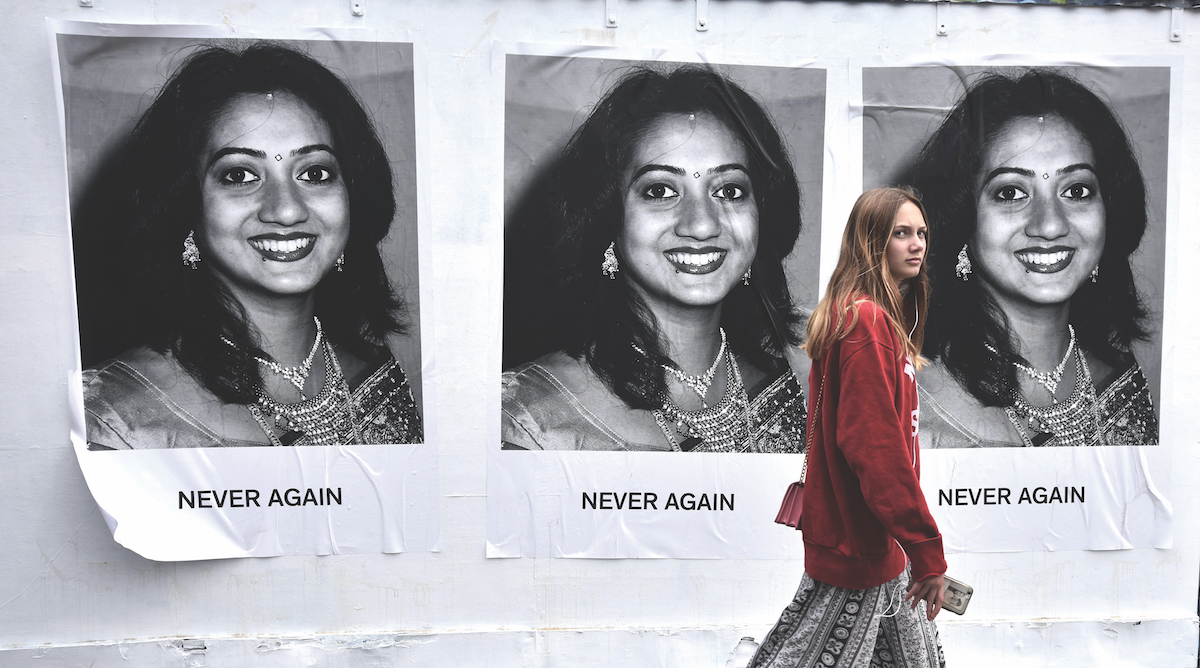
According to medical staff, campaigners and her family, Savita Halappanavar’s death at the age of 31 in October 2012 due to a pregnancy complication could have been avoided if she was granted the right to a termination.
Learning that a miscarriage of the 17-week pregnancy was inevitable, she was denied an abortion due to Irish law restricting a termination when a heartbeat is still present. Halappanavar eventually delivered the foetus, but quickly went into a coma and septic shock, resulting in cardiac arrest that ended her life.
When the news of her death broke, thousands of people gathered to protest Ireland’s abortion laws, calling for changes to legislature to allow women to have access to legal abortions. In September 2018, the referendum to amend the constitution resulted in a winning ‘yes’ vote.
Emma Watson
Best known as Hermione from the Harry Potter movies, Emma Watson was a child when she began her acting career and her future could not have been foretold. Juggling school in between acting to pursue her childhood dream to be an actor, she appeared in all eight box-office-smashing films in the series, and went on to star in a string of others, including The Perks of Being a Wallflower, Beauty and the Beast and The Circle.
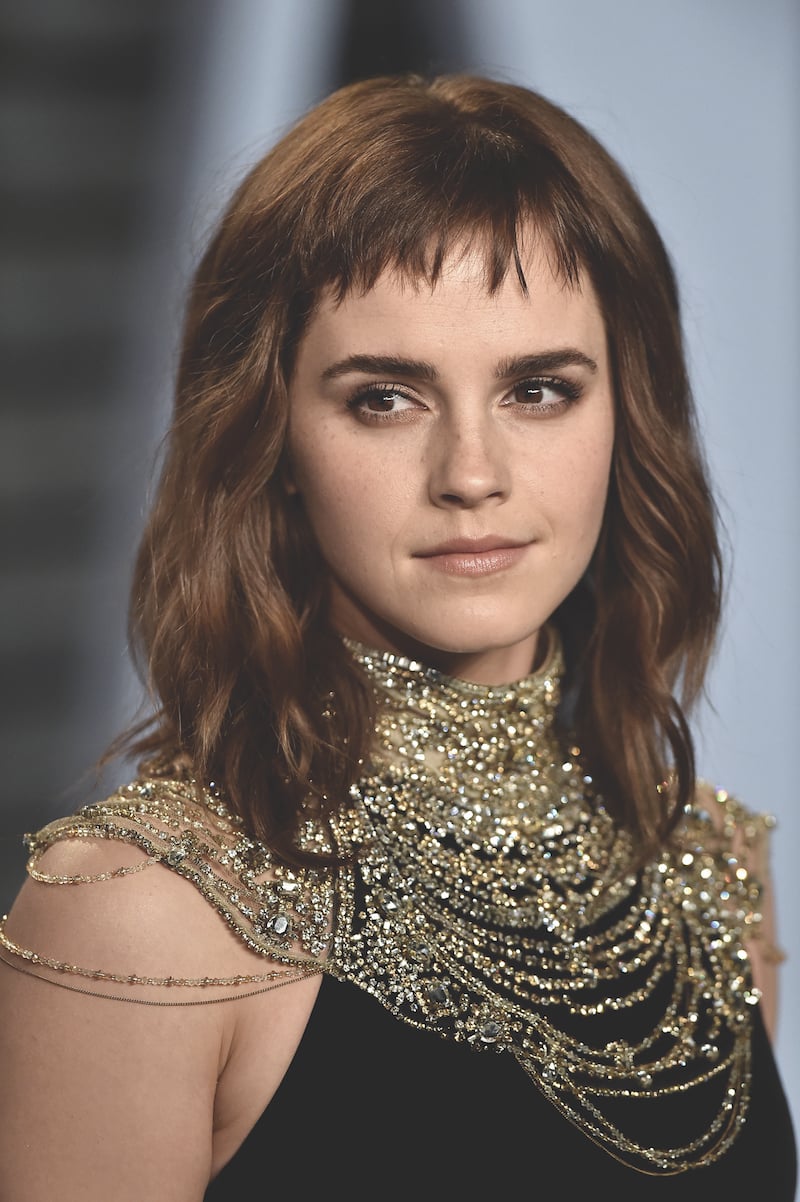
The Paris-born English actress is also a model, appearing in campaigns for Burberry and Lancôme, and was the youngest person to appear on the cover of Teen Vogue. A graduate of Brown University, Watson is also an environmentalist who speaks out about ethical fashion practices, helping to create a line of fairtrade clothing for the People Tree label.
But it’s more than films and fashion for Watson, who was appointed UN Women Goodwill Ambassador in 2014 for her efforts in helping to empower young females. As part of her humanitarian efforts, she has promoted girls’ education in Bangladesh and Zambia and has visited Malawi to advocate against child marriages.
In an address at the UN headquarters in New York City to launch the UN Women campaign HeForShe, Watson called for men to be involved in gender equality while shunning “man-hating”. “We want to end gender inequality – and to do that we need everyone to be involved,” she said. “Men – I would like to take this opportunity to extend your formal invitation. Gender equality is your issue, too.”
Shonda Rhimes
Award-winning US television producer, screenwriter and author, Shonda Rhimes is the creator, head writer and executive producer of the TV medical drama Grey’s Anatomy.
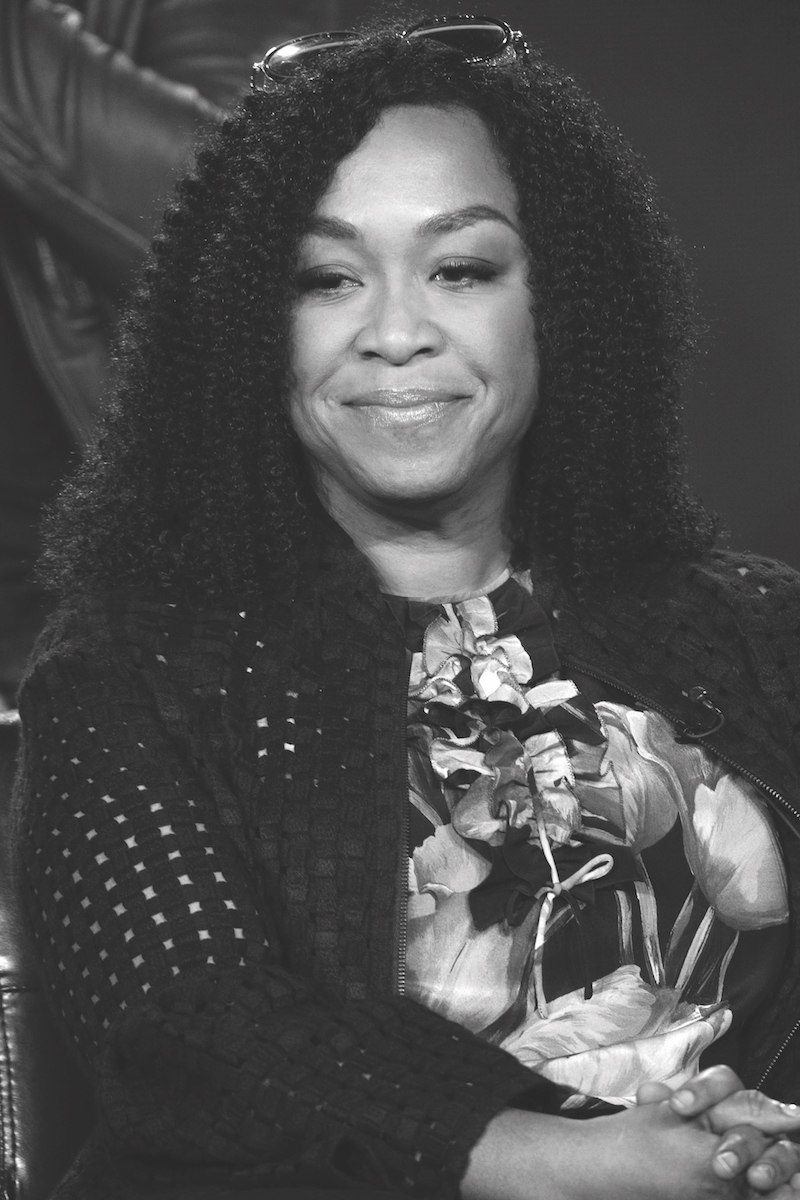
Before mentioning the “strong female leads” she writes in her long string of TV series, Rhimes has spoken out about her distaste of the phrase on Twitter: “Time to stop using the phrases ‘Smart Strong Women’ and ‘Strong Female Leads’. There are no Dumb Weak Women. A smart strong woman is just a WOMAN.”
In response to the Harvey Weinstein sexual assault allegations, Rhimes joined forces with hundreds of women in the entertainment industry to launch TIME’S UP, an organisation that insists on “safe, fair and dignified work for women of all kinds”.
TIME’S UP pushed women to wear black on the red carpet, encouraged women to come forward about their own stories of sexual harassment and got people talking about the gender pay gap.
With 700,000 female farm workers writing to the group, the solidarity between women moved beyond Hollywood.
“We want women from the factory floor to the floor of the stock exchange, from childcare centres to C-suites, from farm fields to the tech field, to be united by a shared sense of safety, fairness and dignity as they work and as we all shift the paradigm of workplace culture,” the TIME’S UP website says.
Manal Al-Sharif
Pushing the boundaries against Saudi Arabia’s driving ban for women, Manal Al-Sharif has been a beacon of hope for women in the conservative Islamic kingdom and a catalyst to lift the driving ban with her #Women2Drive campaign that encouraged Saudi women to take to the wheel.
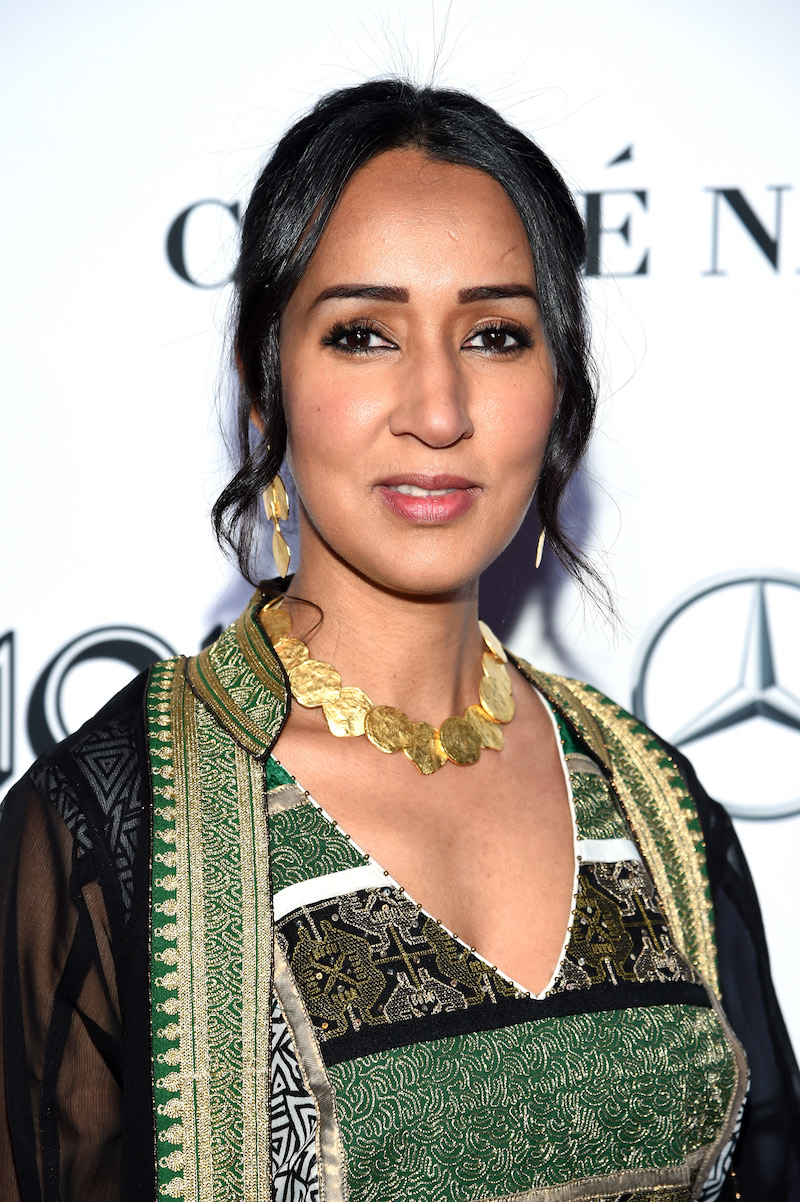
“I’m a Saudi woman who had been put in jail for driving a car in a country where women are not supposed to drive cars,” she said in her TEDGlobal talk in 2013. “There’s no actual law against women driving in Saudi Arabia. It was just a custom and traditions that are enshrined in rigid religious fatwas and imposed on women.
That realisation ignited the idea of June 17, where we encouraged women to take the wheel and go drive.” She drew applause from the audience when she said: “I believe a society will not be free if the women of that society are not free.”
The campaign resulted in threats and her arrest, released from jail only on signing a pledge not to drive again. This didn’t stop Al-Sharif’s campaign, soon after posting a video of herself driving, which got 700,000 hits on YouTube in just the first day.
She was imprisoned a second time for nine days as punishment for her persistence, sparking a petition signed by 3,000 people for the king to release her from prison. In September 2017, the king of Saudi Arabia announced that women had been granted the right to drive. Then in 2018, approximately 100 Saudi women broke the ban and drove on 17 June, with no arrests.
Stella McCartney
The daughter of The Beatles’ Sir Paul McCartney and animal rights activist Linda McCartney, fashion designer Stella McCartney is an advocate of ethical fashion, environmental conservation and the empowerment of women.
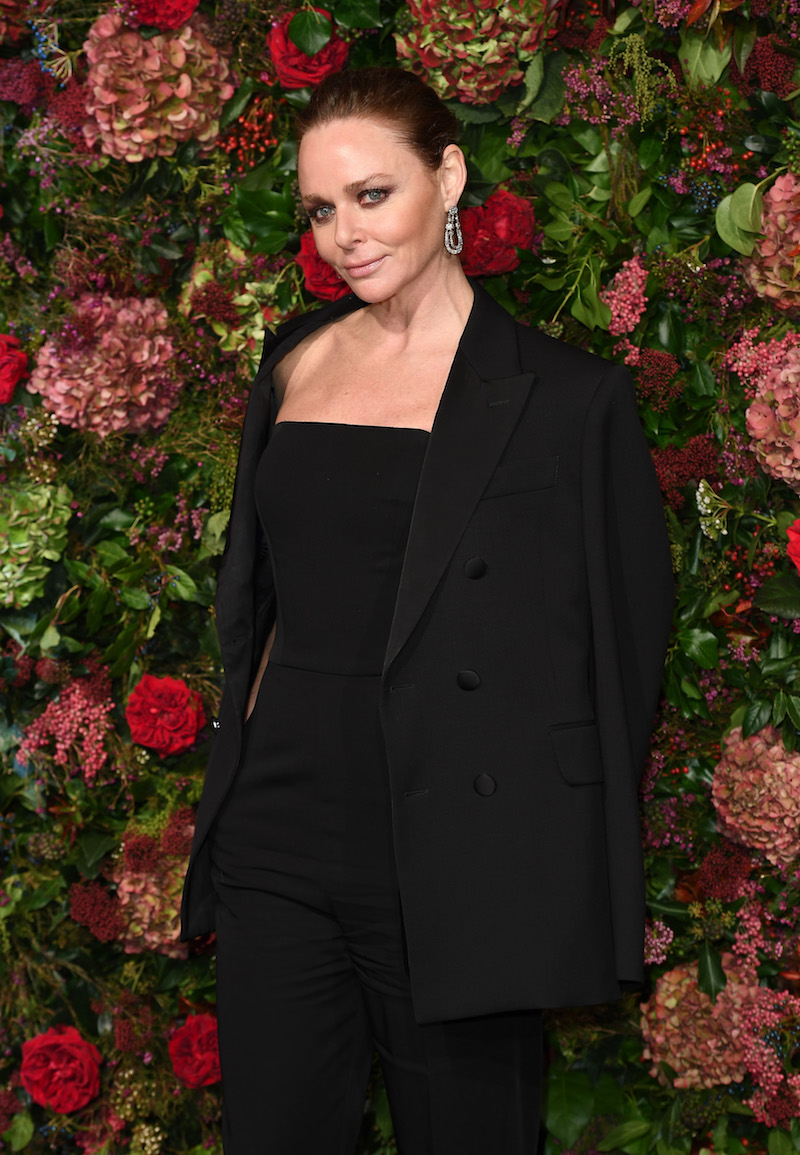
She campaigns for animal rights and refuses to use leather or fur in her products, while also raising awareness of breast cancer and speaking out against domestic violence.
Launching Stella McCartney Cares in 2018, she’s active in the charity space, promoting ethical practices and sustainability in the fashion industry, from animal welfare to sustainable design and a circular economy, to raising awareness of breast cancer to empower women, a cause close to her heart, as her mother succumbed to the disease in 1998.
Designing a mastectomy postoperative bra, ‘Louise Listening’, named after her mother’s middle name, McCartney continues to design clothing that’s both ethical and empowers women.
“There are so many emotions attached to the tragic realities of having had a double mastectomy. And we just wanted to make something that allows women undergoing this to have something to be proud of, something with no shame attached,” McCartney writes on her website.
Serena Williams
Calling out in fury to the umpire mid-game on the court at the US Open last year, Serena Williams accused him of favouritism towards male players: “There are a lot of men out here that have said a lot of things and because they are a man it doesn’t matter,” she said.
She destroyed her racket and claimed the penalties were “sexist”. “There are men out here that do a lot worse and because I’m a woman you’re going to take this away from me. That is not right.”
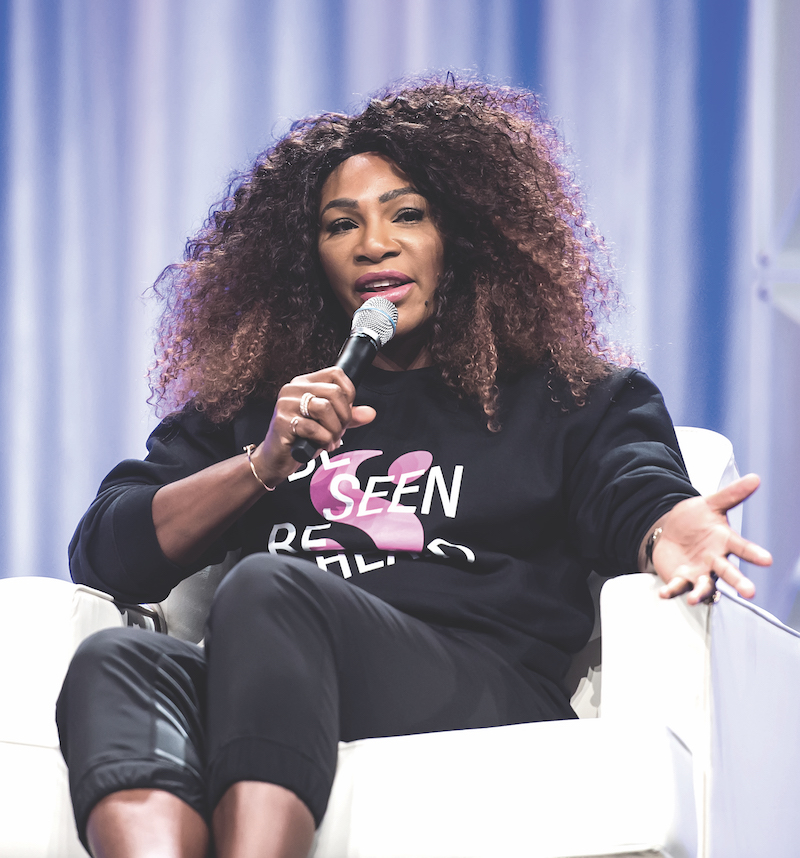
While the outburst cost her three code violations and a game during her loss to Naomi Osaka, Williams defended herself at the post-match conference: “I’ve seen other men call other umpires several things.
I’m here fighting for women’s rights and for women’s equality. For me to say ‘thief’ and for him to take a game, it made me feel like it was a sexist remark. He’s never taken a game from a man because they said ‘thief’. For me, it blows my mind.”
Winning her first Grand Slam at age 17 in 1999 and with 23 now under her belt, she’s made it no secret that she’s aiming for 25, one more than the world record held by Australian tennis legend Margaret Court.
Williams is also known for her interesting choice of tennis gear, from a head-to-toe catsuit worn to prevent blood clotting – which was banned by tennis officials – to a purple tutu. The determined athlete was even three months pregnant while competing at the Australian Open in 2017, which she won.
“I think sometimes women limit themselves. I’m not sure why we think that way, but I know that we’re sometimes taught to not dream as big as men, not to believe we can be a president or a CEO, when in the same household, a male child is told he can be anything he wants,” she said in an interview with Vogue. “I’m so glad I had a daughter. I want to teach her that there are no limits.”
Melinda Gates
Co-founder of the Bill & Melinda Gates Foundation, Melinda Gates is a former Microsoft employee turned philanthropist, committed to a range of humanitarian efforts to reduce inequity, eradicate poverty, improve health care and health education, and empower women and girls through the multibillion-dollar foundation.
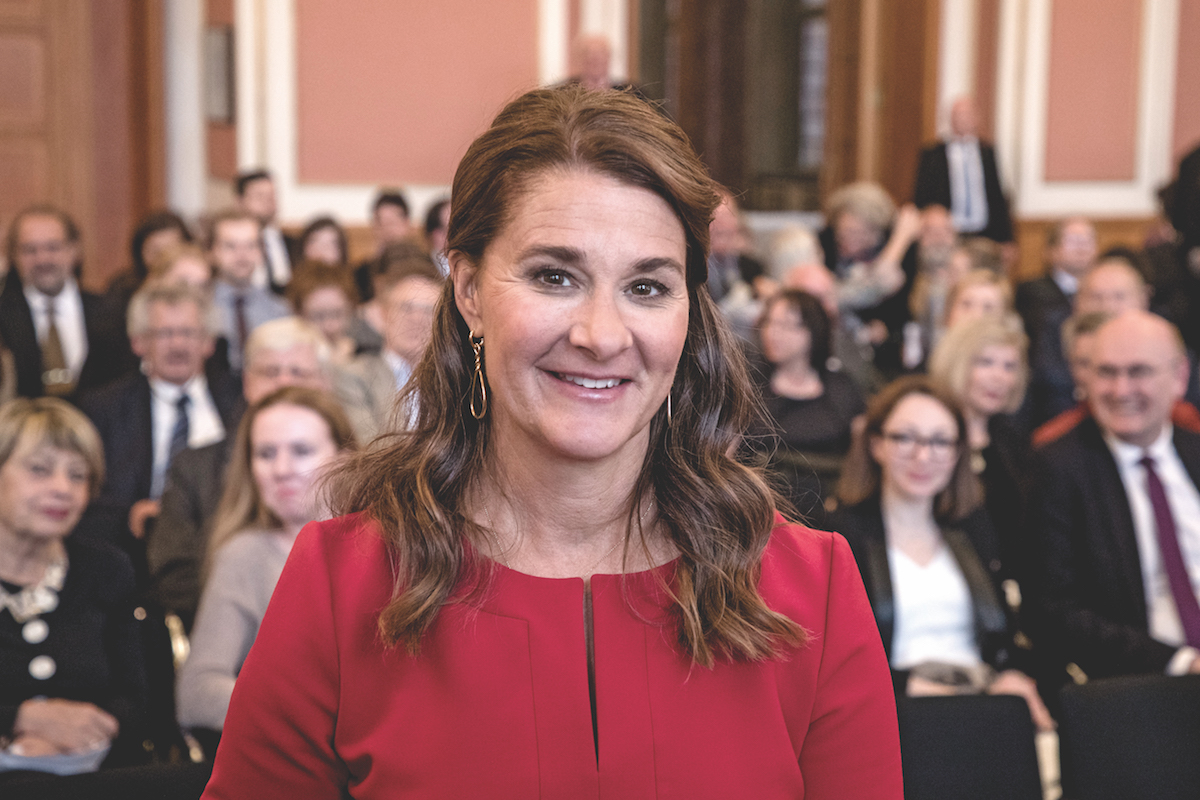
Recognised for her charitable contributions, along with husband Bill, as a Time Person of the Year in 2005, Gates is also a strong advocate for women in technology.
Writing for Quartz, she put the spotlight on the gender disparity of women in tech. “I don’t think that girls who dream of careers in tech should have to rely on luck,” she wrote. “That’s why I get so excited about computer science mentorship programs, peer networks, and other ideas that help girls and women see themselves in technology.”
Gates described the culture at Microsoft in the 1980s as “combative” and male-dominant. “I know I’m far from the only woman in tech who has considered quitting her job,” she said.
In an open letter to her son Rory for his 18th birthday, published in Time, she wrote, “One of the things that makes me proudest is that Rory is a feminist.” She added, “I feel lucky that Rory was born at a moment in history when young men are being encouraged to be so thoughtful about society and their role in it – and also to adopt new, more expansive definitions of what it means to be a man.
I’m optimistic about what the next 18 years will bring all of us as these young men grow up to become equal partners in their households, champions for women in workplaces and architects of a better, more equitable future for their own sons and daughters.”
Katrín Jakobsdóttir
The tiny nation of Iceland has the youngest female leader in Europe, and she has strong political views on equal rights for women. Katrín Jakobsdóttir, the left-wing environmentalist and feminist leader of the Left-Green Movement, has been Iceland’s prime minister since 2017.
She’s not the nation’s first female prime minister, though, taking the reins from Jóhanna Sigurðardóttir, who was the world’s first openly lesbian head of government. And the country, which has a president as well as a prime minister, saw its first female president, Vigdís Finnbogadóttir, elected to lead the country in 1980.
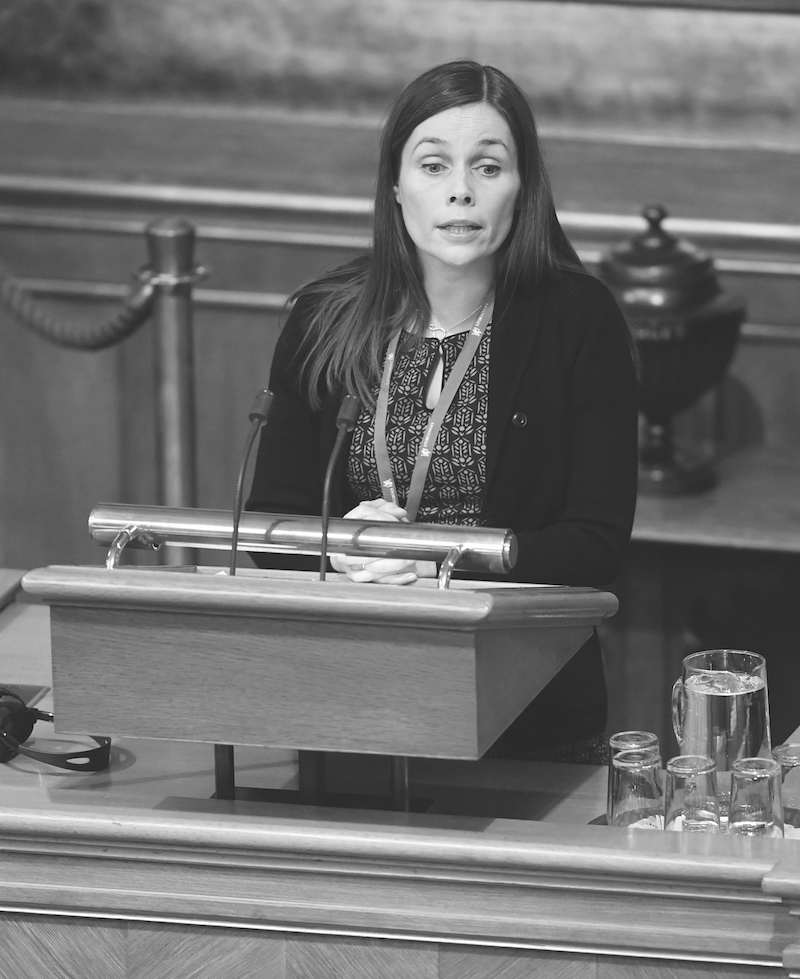
Even though there is still a gender pay gap in Iceland, the World Economic Forum continuously ranks the country at the top of the most gender-equal countries in the world. Determined to completely close the gender pay gap in Iceland within five years, Jakobsdóttir is also changing legislation on parental leave, where both mother and father have three month’s paid parental leave.
“Well-funded shared parental leave … addresses the systematic discrimination women have suffered at work, due to the possibility alone that they might have children. If men are as likely to take a break from work to care for children, this structural discrimination diminishes,” Jakobsdóttir wrote in an article for the World Economic Forum.
“Many female politicians in Iceland would never have got where we are today if it wasn’t for childcare and parental leave. I am an excellent example of that.”
Folorunso Alakija
As Nigeria’s wealthiest woman, Folorunso Alakija is one of the richest women in Africa, temporarily overtaking Oprah as the world’s richest woman of African descent a few years ago. The billionaire heiress of her family’s oil exploration business now sits as Vice Chair of Famfa Oil and is involved in business ventures ranging from printing to real estate to fashion.
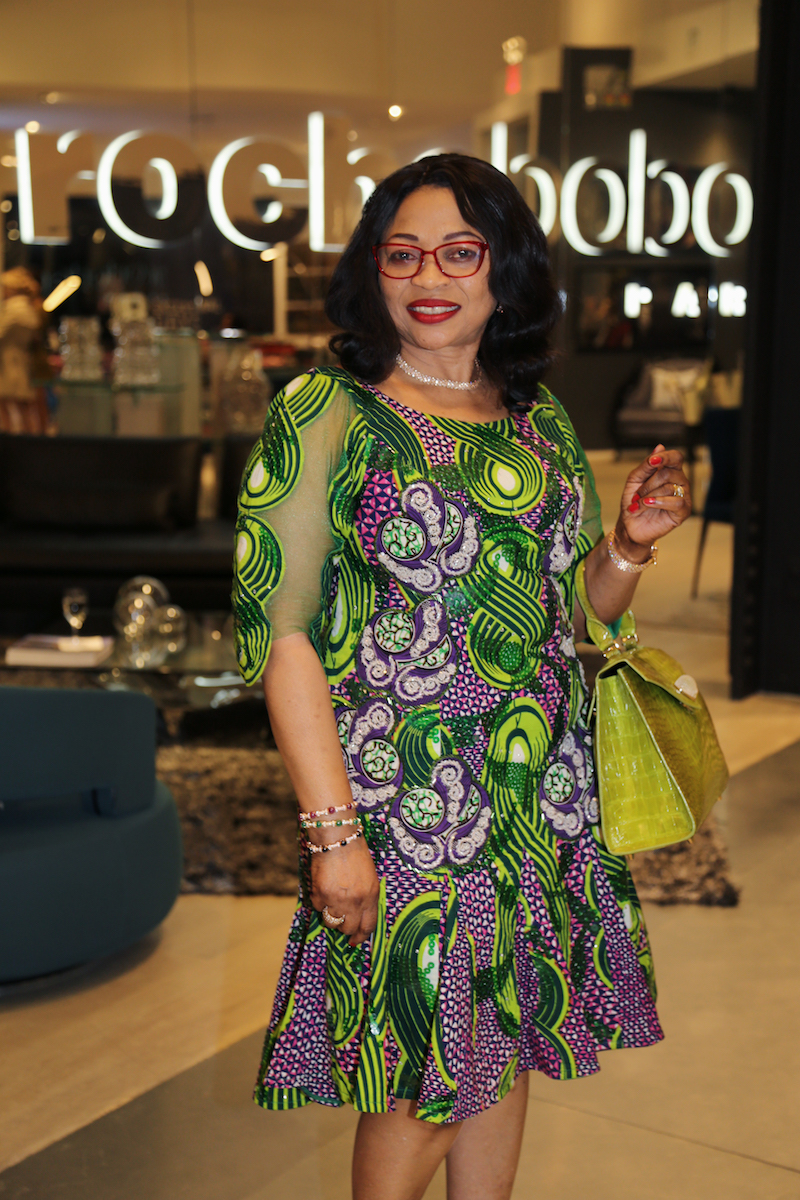
A philanthropist and advocate for women’s rights, Alakija is the founder and managing director of the Rose of Sharon Foundation, with a vision to empower widows and orphans through scholarships and business grants. She also recently launched Flourish Africa, a platform to empower millennial African women.
“For years, women have been told what type of roles they are supposed to play in society, the types of jobs they are supposed to do and so on,” Alakija said in an interview with Forbes.
“I believe the problem requires a change in mindset for women in Africa. I believe that change will require support from all women in order to come together and set our own standards.
Gender stereotypes have been one of the main barriers to women achieving leadership positions in Africa. These stereotypes are usually predicated on what many believe are the capabilities of women and that needs to be addressed before women can break free.”
Khadija Gbla
Co-Founder and Executive Director of No FGM Australia, and Young South Australian of the Year 2011, Khadija Gbla is a survivor of female genital mutilation (FGM), and is dedicating her life to protecting and supporting women and girls living with or at risk of female circumcision.

WHO estimates there are currently more than 200 million females living with FGM across 30 countries globally, mainly in Africa, the Middle East and Asia where the cultural practice is common.
But Gbla has made it known that this problem is also here on our doorstep, with around 200,000 women and girls affected in Australia.
In her 2012 TED Talk titled ‘My mother’s strange definition of empowerment’, Gbla made it clear that this practice is cross-cultural and still happening today all over the world.
“This is an Australian problem … It’s not an African problem. It’s not a Middle Eastern problem.
It’s not white, it’s not black, it has no colour, it’s everybody’s problem,” she said.
“FGM is child abuse. It’s violence against women. It’s saying that women don’t have a right to sexual pleasure. It says we don’t have a right to our bodies. Well, I say no to that.”
Jacinda Ardern
Jacinda Ardern became pregnant with her first child soon after being elected prime minister of New Zealand in 2017. Though she is the world’s youngest female prime minister, elected at 37, she’s not the first to give birth while holding a PM position in office.
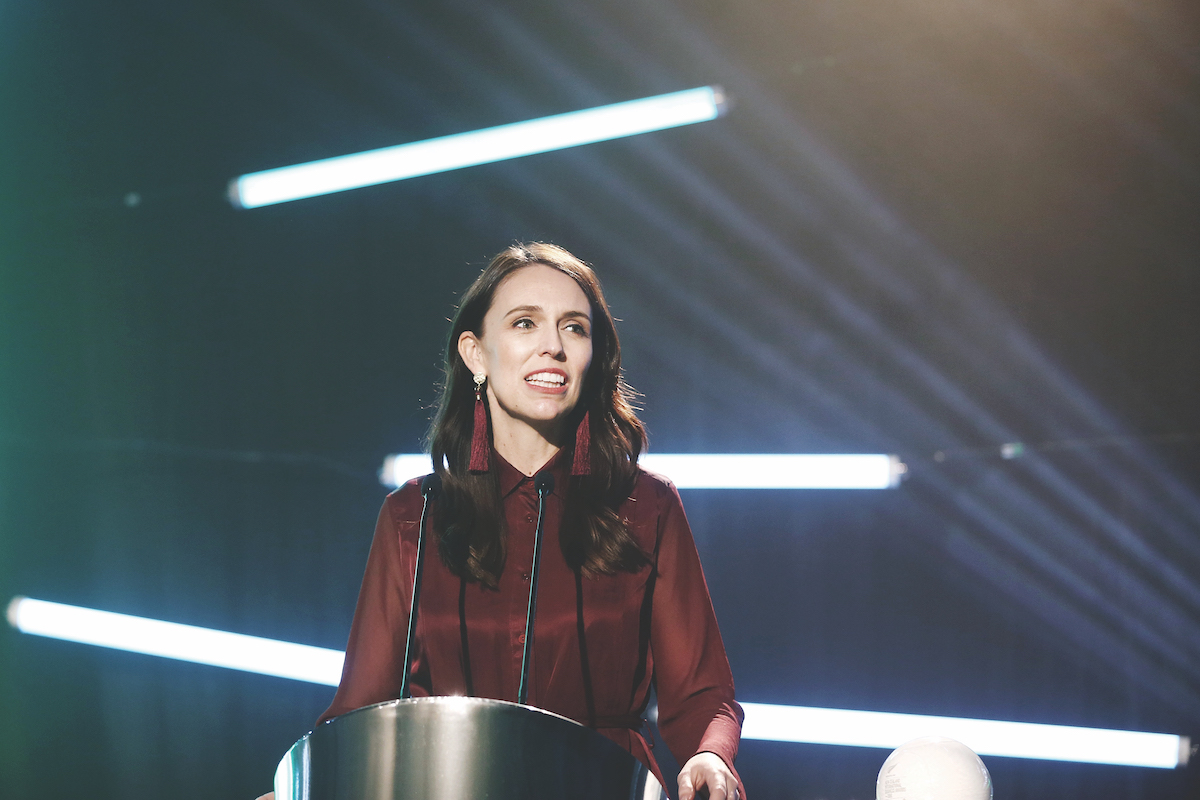
The late former PM of Pakistan, Benazir Bhutto gave birth to her daughter in 1990 while in office, also at the age of 37, and returned to work the next day.
At a UN address in New York last year, Ardern spoke out about equality for women. “In New Zealand, we have just marked the 125th year since women were granted the right to vote. We were the first in the world to do so.
As a girl, I never ever grew up believing that my gender would stand in the way of me achieving whatever I wanted to in life. I am, after all, not the first, but the third female Prime Minister of New Zealand,” she said to the world’s leaders.
“But for all of that, we still have a gender pay gap, an over-representation of women in low-paid work, and domestic violence. And we are not alone.
It seems surprising that in this modern age we have to recommit ourselves to gender equality, but we do. And I for one will never celebrate the gains we have made for women domestically, while internationally other women and girls experience a lack of the most basic of opportunity and dignity.
Me Too must become We Too. We are all in this together.”
Do you know an iconic businesswoman in Australia?
The prestigious Executive of the Year Awards recognises the outstanding achievements of individuals in leadership roles and the contributions they have made to their companies. Encourage your female friends and colleagues to enter, or why not nominate yourself? Entries open 1 April, 2019.

